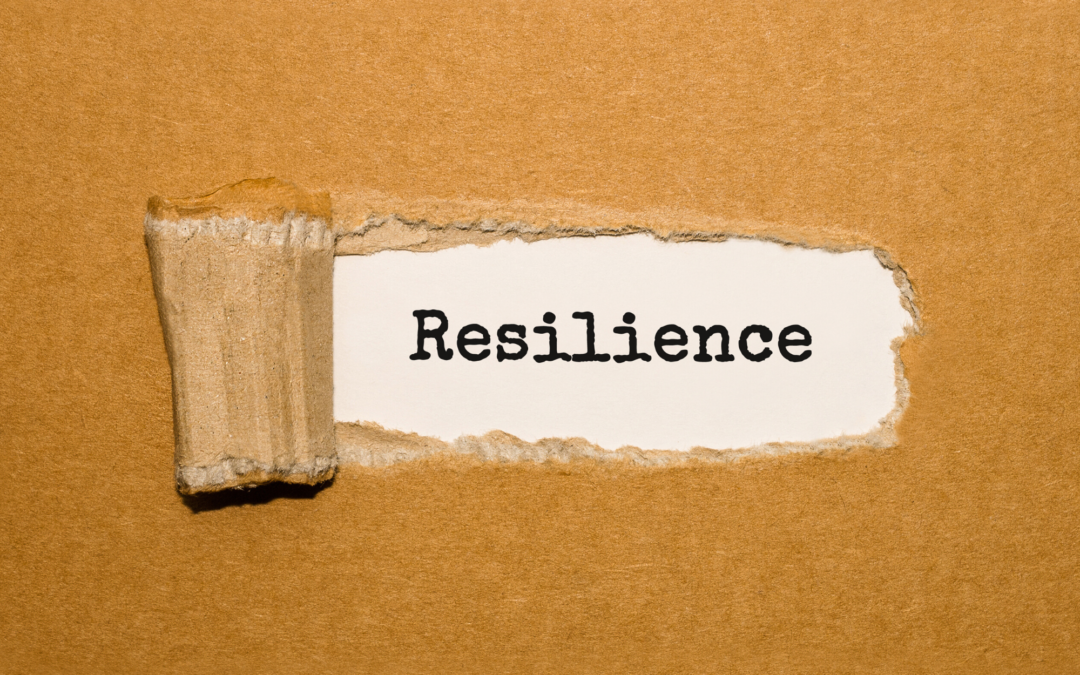How well do you recover from difficult times? We’re all on a spectrum – from being quick to bounce back and move on, to the other extreme of being immobilized by adversity and slow to adapt and recover. People respond very differently to what life throws at them. You may be on a team where everyone does a similar role. Through the pandemic, you are all experiencing the same challenges, fears and daily constraints. But that is where the similarities end. Our past experiences, upbringing, beliefs and memories are shaping how we each navigate this current crisis – and how well we’ll be able to bounce back afterwards. Our genes alone are thought to contribute to our emotional tendencies as much as 60% (Emotional Life of your Brain).
One thing we all have in common: our brain is constantly creating chemistry and new wiring in response to what we experience. It turns out, the chemistry of positivity is key to being resilient. Dr. Charlene Levitan, in her study of people who lived beyond 100 years, found most Centenarians stated that optimism was a lifelong personality trait.
Positivity strengthens our ability to move through challenging times effectively. Barbara Fredrickson, PhD. is an expert in the science of positivity and the impact of positive emotion on human performance. She defines positivity as the regular experience of a broad range of emotions such as gratitude, love, appreciation, generosity, amusement, hope and joy. Scientific research shows these emotions can change the physiology of our brains and bodies, making us more resilient.
Reinvention
If we are able to seek out and pay attention to regular positive emotions, like the ones just mentioned, we benefit from an increased ability to be creative. Focusing on the positive takes us out of ‘fight or flight’ mode and the corresponding mix of high cortisol and low Dopamine. A combination typical of depression, it limits innovation and learning. Positive emotion is also conducive to insight, the essential ‘aha!’ experience we have with new ideas, the rush of inspiration and creativity that our new world needs more of than ever before.
Each of us will be changed somehow, when the pandemic is over. We are already having to re-think and reinvent the way we work, study, connect with loved ones and plan for the future. Such reinvention of our daily ways of thinking and doing, requires significant rebuilding of long held patterns of behaviour. It’s like your very own brain renovation! It takes time, patience and lots of resources. Start first, with a daily dose of optimism. And then imagine the possibilities, for you and your organization.


Recent Comments